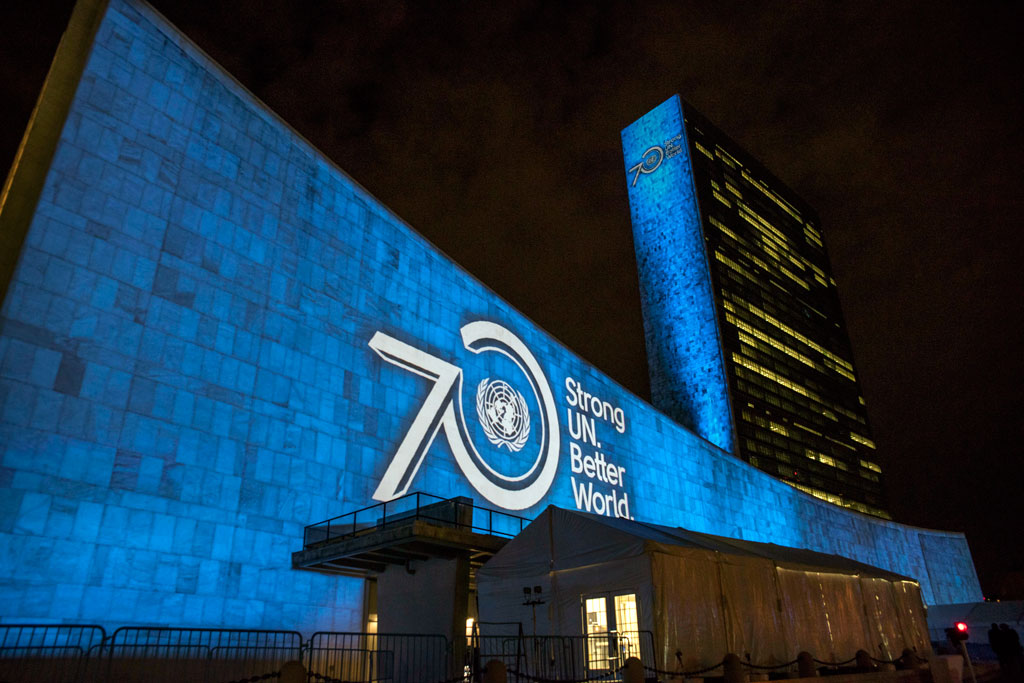The Security Council extended the mandate of the UN Observer Force (UNDOF) for six months, until 30 June 2016, underscoring the need for the Force to have at its disposal all necessary means to carry out its mandate safely and securely, “including technology and equipment to enhance its observation of the area of separation and the ceasefire line, and to improve force protection, as appropriate.
Unanimously adopting a new resolution to continue the UN Observer Force’s mandate in the Golan, the 15-member body stressed the obligation of Israel and Syria to abide by the terms of the 1974 Disengagement of Forces Agreement, calling on both to scrupulously observe the ceasefire and encouraging both parties to take advantage of UNDOF’s liaison function to address issues of mutual concern.
 By the terms of the text, the Council strongly condemned the continued fighting in the area of separation, including the use of heavy weapons by both the Syrian Armed Forces and armed groups in the ongoing Syrian conflict, including the use of tanks by the Syrian Armed Forces and opposition during clashes.
By the terms of the text, the Council strongly condemned the continued fighting in the area of separation, including the use of heavy weapons by both the Syrian Armed Forces and armed groups in the ongoing Syrian conflict, including the use of tanks by the Syrian Armed Forces and opposition during clashes.
Also strongly condemning the incidents threatening the safety and security of UN personnel in recent months, the Council reaffirmed its readiness to consider listing individuals, groups, undertakings, and entities providing support to Islamic State of Iraq and the Levant (ISIL) or to the Al-Nusra Front, including those participating in or otherwise supporting attacks against United Nations peacekeepers.
UN Observer Force
UN Observer Force (UNDOF) was established by the Security Council to monitor the ceasefire between Syria and Israel after their 1973 war. Since then, the UN Observer Force has remained in the area to maintain the ceasefire and to supervise the implementation of the disengagement agreement.

